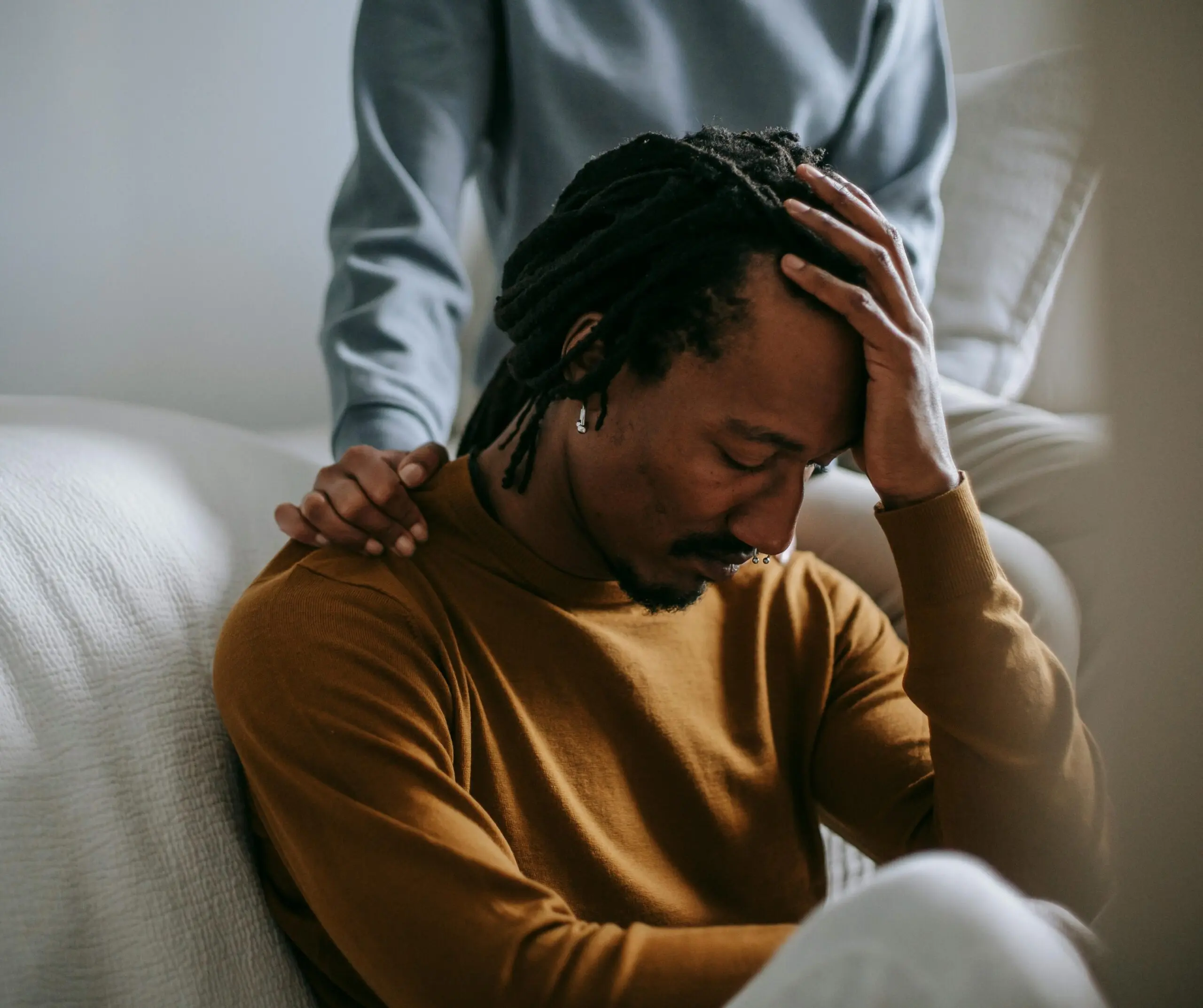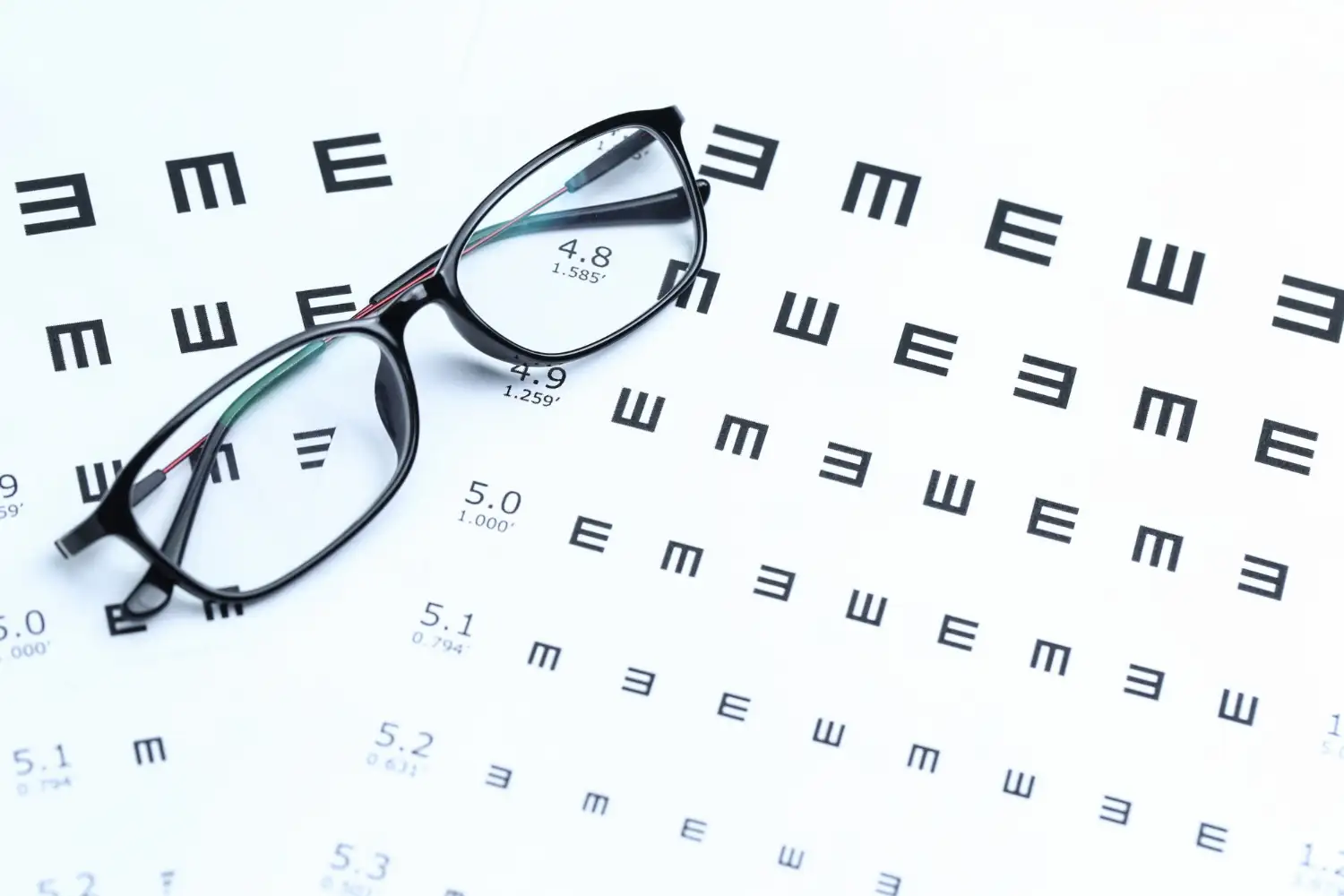Mental Health Matters.
For many BIPOC individuals, stigma, cultural expectations, and a lack of access to culturally responsive care can make it harder to seek support. By opening up the conversation and addressing these barriers, we can begin to create space for healing, connection, and lasting hope.
“We Don’t Do Therapy”

One of the most common expressions heard in many families is: “We don’t do therapy.” It’s often followed by lines like: “I have friends to talk to,” “Just look on the bright side,” or “Think happy thoughts.”
While these responses may come from a place of care, mental health support requires more. This mindset is often rooted in cultural norms, generational beliefs, and long-standing misconceptions about mental illness and emotional resilience.
The stigma around therapy can stem from a desire to keep personal matters private, feelings of shame or failure for needing help, or the perception that seeking support signals weakness or dishonors the family. But the reality is this: having a safe, nonjudgmental space to express emotions and work through inner challenges is essential to healing and personal growth. Therapy provides that space—offering tools, perspective, and support to move forward.
It’s also important to recognize that mental illness isn’t just about feelings—it includes diagnosable conditions that require professional attention. Some conditions, such as bipolar disorder or PTSD, may begin early in life or develop as a result of trauma. These are not simply phases or personality quirks—they are medical concerns that often need long-term support, treatment, and in some cases, carefully prescribed medication. Ongoing care from trained professionals can be life-changing—and, in many cases, life-saving.
Understanding Mental Health

Television and film often portray mental health through the lens of talk therapy—Frasier Crane, for example, was a therapist on the radio. But mental health is far more complex.
According to the World Health Organization, “Mental health is a state of mental well-being that enables people to cope with the stresses of life, realize their abilities, learn well and work well, and contribute to their community.”
Mental health includes, but is not limited to, our emotional, psychological, and social well-being — influencing how we think, feel, connect with others, handle stress, and navigate everyday life. This includes, but is not limited to:
- Depression and anxiety
- Bipolar disorder
- PTSD and trauma
- Addiction and substance use disorders
- Eating disorders and body dysmorphia
- OCD and paranoia
- Schizophrenia
- Stress-related conditions
- Suicidal thoughts
- Learning disabilities
Some of these conditions often require diagnosis and treatment from a trained mental health professional. Medication, when needed, must also be carefully prescribed and monitored by licensed providers.
Will They Understand My Story?
For many BIPOC individuals, another barrier emerges: “Will a therapist understand my experience?”
Cultural background plays a powerful role in shaping how we see the world, how we communicate, and how we interpret challenges. It’s natural to want a therapist who understands those dynamics—who knows what it means to grow up in a particular community, household, or belief system.
While many skilled therapists can connect across cultural lines, some individuals find it more comfortable to work with someone who shares their lived experience. Fortunately, the rise in BIPOC clinicians over the last decade has made culturally responsive care more accessible than ever.
Finding the Right Fit: Resources

Finding the right person to support you on your journey to mental wellness can make all the difference. Whether you’re navigating stress, trauma, identity, or simply looking for someone to talk to, a therapist who understands your background and meets your needs is essential. The search can sometimes feel overwhelming, but you’re not alone — and there are excellent resources out there designed to make the process easier and more inclusive. Here are a few trusted directories that can help you find a mental health professional who aligns with your values, experiences, and goals:
- Clinicians of Color: A directory of professionals from diverse racial and ethnic backgrounds, with a range of treatment styles and specializations.
https://www.cliniciansofcolor.org/ - Inclusive Therapists: Offers care from therapists, healers, and coaches who prioritize cultural sensitivity and trauma-informed practices.
https://www.inclusivetherapists.com/ - Psychology Today: A widely used directory of credentialed therapists, with filters by location, identity, treatment approach, and more.
https://www.psychologytoday.com/us/therapists
Your Mental Health Matter
The BIPOC community continues to face unique challenges in accessing mental health care—from stigma and shame to systemic inequities. But with increasing representation, greater awareness, and the courage to prioritize well-being, healing is possible.
By normalizing mental health conversations and supporting those seeking care, we can build stronger, more compassionate communities—where everyone has the chance to thrive.


